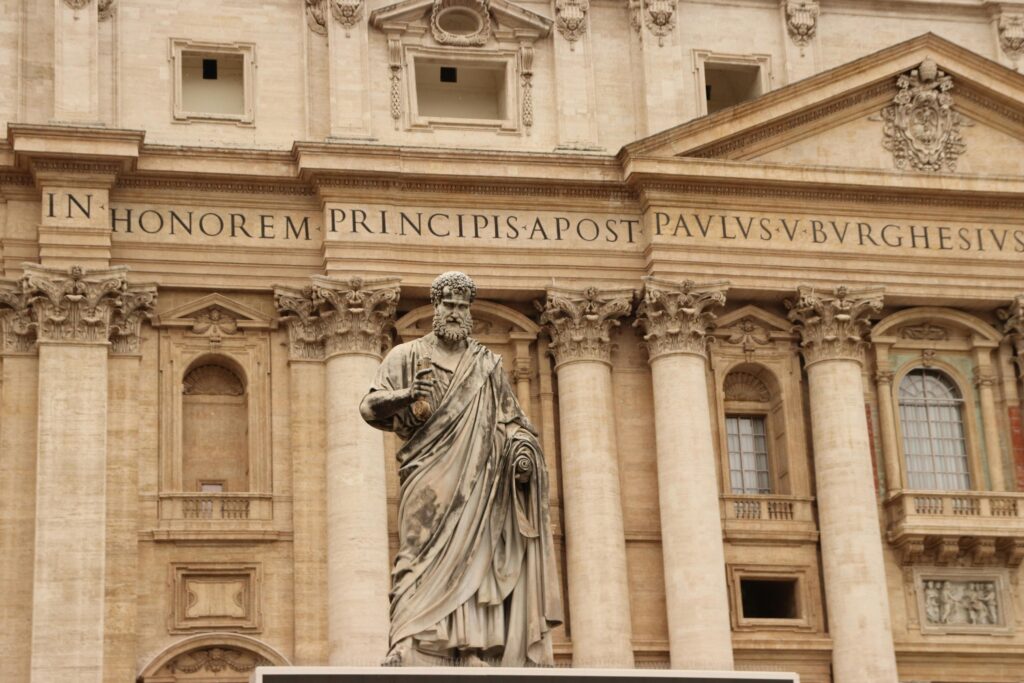Cardinal Arizmendi: What is the point of calling oneself Catholic?
The contradiction between faith and the life of those who call themselves Catholic without living according to Christian values

Cardinal Felipe Arizmendi, bishop emeritus of San Cristóbal de Las Casas and head of the Doctrine of Faith at the Mexican Episcopal Conference (CEM), offers readers of Exaudi his weekly article.
LOOK
This December 8th, it was one year since the peasants of Texcapilla, very close to my hometown, organized themselves and killed the criminal group of ten people who arrived with high-powered weapons and who demanded a floor fee for their crops of broad beans, peas, oats, beans and corn. They could not bear that they wanted to charge them more and more. They also killed their leader, nicknamed El Payaso, with whom I had, by chance, spoken months before. When I saw him in my town, I identified myself and asked to speak with him. He was armed and surrounded by his gunmen. His wife, upon hearing that I was a bishop, asked me to insist to her husband that two of their children be baptized, a nine-year-old and a baby. Very Catholic, he did want to baptize them, but in his hometown, further south in the State of Mexico. I tried to use this desire of his to start a pastoral process and insist that he change his life. I no longer knew if they were baptized, because he was killed shortly after. What good did it do him to call himself Catholic and have his children baptized? It was certainly not because of a mature faith in Jesus, but because of simple tradition. He did not care so much about God, because his god was money, which squeezed the poorest, the most defenseless, like the majority of our peasants.
The leader of another criminal group, from the same so-called Familia Michoacana, has his girls in parish catechism, preparing for their First Communion. The top leaders of other armed groups consider themselves Catholics. Something similar happens with politicians, who are officially Catholic, but their god is power, money, and they don’t care about going to Mass on Sundays, they don’t read the Bible, they pray only for their interests; but if a higher authority asks them to be in a meeting, organize a rally or another activity, they submit to those dispositions and they don’t care about their religion; they know that if they don’t obey the wishes or orders of higher authorities, they risk losing their position and not moving up in the party or in the government. Their god is power and money. The same could be said in many other cases. They celebrate the Virgin of Guadalupe, they wait for the holidays and the Christmas bonus, but following Jesus doesn’t interest them. Others declare themselves believers, but they do not give up alcohol and drugs, they are unfaithful in their marriages, they do not pay their workers fairly, they live in excesses of all kinds. They call themselves Catholics, and even wear a medal or a crucifix on their chest; but what good does that do them?
On the contrary, there are many more who are truly Catholic! Not only do they go to Mass on Sundays and pray, but they are just and do not harm anyone; they share their property; they keep their family together and are faithful in their marriage; they educate their children according to the faith; they are not ashamed of their religious beliefs; they serve the community; they are apostles dedicated to sacrifice. It seems that the bad things abound more, because the news highlights the red notes more; but in ordinary life there are more who are authentically Catholic.
DISCERN
The Latin American bishops, in the Puebla Document, after the first visit of Pope Saint John Paul II to our country in January 1979, expressed something about social injustice in our continent, but which applies to our reality marked by violence and the force of armed groups. They said: “We are concerned about the anguish of all members of the people, whatever their social condition: their loneliness, their family problems, and, in many cases, the lack of meaning in life. Today, we especially want to share the anguish that springs from their poverty. In the light of faith, we see the growing gap between rich and poor as a scandal and a contradiction to being Christian. The luxury of a few becomes an insult to the misery of the great masses. This is contrary to the Creator’s plan and to the honor due to him. In this anguish and pain, the Church discerns a situation of social sin, all the more serious because it occurs in countries that call themselves Catholic” (DP 27-28).
For our part, the Mexican bishops, in the Global Pastoral Project 2031+2033, expressed: “In all this transformation of thought and life, religion has also suffered a strong impact: a radical transformation in the way believers assume the faith, loss of original fervor, contempt for institutions, relativistic and individualistic environment and a secularism that has reduced faith to the realm of the private and the intimate. Within this religious phenomenon, violence has reached worrying and painful levels for the entire world” (PGP 36).
“The social panorama has been gradually darkened by the alarming strengthening of organized crime, corrupting the minds and hearts of people and authorities. The introduction of a narco-culture in our Mexican society, of getting money quickly, easily and in any way, has come to deeply damage the minds of many people, who do not care about killing, stealing, extorting, kidnapping or doing anything to achieve their goals. This society, which should offer all citizens the necessary conditions to live with dignity, is damaged, and it is necessary that all of us as members of it become aware of this reality and take responsibility, so that it can serve as a space for a dignified life for all its members” (PGP 57).
ACT
So that there is family and social peace, so that we can celebrate the Virgin of Guadalupe with dignity, so that we can celebrate Christmas authentically, let us strive to live our Catholic faith faithfully; let us avoid everything that contradicts the Word of God; in short, let us respect and love one another as sisters and brothers.
Related

Facing Divorce as a Christian Couple
Laetare
28 March, 2025
2 min

Mars Colonization: Technological Progress or Threat to Human Dignity?
Observatorio de Bioética UCV
28 March, 2025
9 min

The Good Smell of Coffee
Edistio Cámere
27 March, 2025
3 min

The Keys of a Christian Physician: Healing with Body and Soul
Javier Ferrer García
27 March, 2025
2 min
 (EN)
(EN)
 (ES)
(ES)
 (IT)
(IT)

